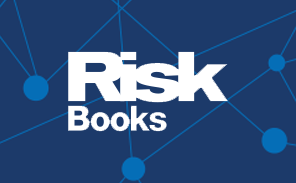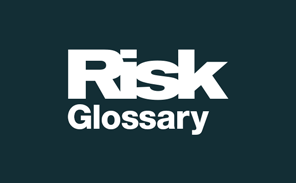Climate risk modelling
View AgendaKey reasons to attend
- Analyse the various types of climate risk models
- Learn how to incorporate climate-related risks into financial risk assessments and strategic planning
- Meet the evolving expectations of regulators and stakeholders
Customised training
Does your team require a tailored learning solution?
We partner with leading tutors and Risk.net’s editorial team to design learning solutions that drive real impact for your team, every step of the way.
About the course
As climate-related events become more frequent and severe, robust climate risk modelling is vital for financial stability. This course provides a comprehensive exploration of climate modelling, covering various model types and methodologies.
Participants will navigate the current regulatory landscape, focusing on the guiding principles of the TCFD. Sessions on transition and physical risk modelling address critical topics such as risk appetite and catastrophe models.
Attendees will also refine their strategic decision-making skills by learning how to apply climate modelling results. A dedicated session on data management equips participants with the tools to compile and analyse climate data effectively.
Throughout the course, participants will apply the theoretical knowledge in practical case study exercises, empowering them to confidently implement their learning within their own organisations.
Note: This course is most suitable for those with some background in climate risk.
Pricing options:
- Early-bird rate: save up to $800 per person by booking in advance*
- 3-for-2 rate: save over $3,000 by booking a group of three attendees*
- Subscriber reward: save 30% off the standard rate if you are a Risk.net subscriber*
- Season tickets: cost-effective option for groups of 10 or more. Learn more
*T&Cs apply
What participants say:
- ‘Very well organized course with relevant information being shared. Tutors in general quite open for discussions and to share information’
- ‘Navin is very knowledgeable and conducted the training very well, the course compressed a lot of information and ways of doing things’
Learning objectives
- Implement the Task Force on Climate-Related Financial Disclosures (TCFD) recommendations
- Assess transition and physical risks
- Explore climate risk stress-testing
- Address the limitations and opportunities of climate risk modelling
- Formulate effective disclosure strategies
- Learn how to conduct a quantitative assessment of climate risks
Who should attend
Relevant departments may include but are not limited to:
- Climate risk
- Sustainable finance
- Environmental, social and governance
- Model risk
- Risk management
- Stress-testing
- Data management
- Reputational risk
- Compliance
- Strategy
Agenda
May 26–28, 2026
Live online. Time zones: Emea/APAC
Agenda coming soon
October 13–15, 2026
Live online. Time zones: Emea/Americas
Agenda coming soon
Tutors

Navin Rauniar Risk Learning Faculty
Sustainability adviser
PRMIA
Navin is an ex-banking professional, and most recently was working as a senior leader and practitioner, with 20+ years of banking, corporate, and big four experience. He advises board and CxO members across business and technology, using domain expertise that focuses on sustainability, capital markets, and risk management, driven by prudential regulation in ESG, climate risk, carbon markets, sustainable financing, net zero, and capital management impacting an institutions’ strategy, governance, and implementation.
Navin was most recently leading the sustainability business and technology delivery for TCS and Tata clients. His international experience assisted in building diverse global teams.
Navin sits on a number of government and private industry committees, developing and influencing public policy on sustainability standards. Navin supports the financial markets community via mentoring of professionals and serving as the co-chair of the PRMIA ESG Working Group & PRMIA SteerCo. He is a regular speaker and chair at conferences, as well as a frequent commentator and author to the media on financial market regulations, including a column on sustainability that is published in ILFR.
Accreditation
This course is CPD (Continued Professional Development) accredited. One credit is awarded for every hour of learning at the event.
Expand your learning
The premier meeting place for the risk community. Providing clarity and guidance on the fast-changing regulatory landscape of capital, credit and market risk, liquidity and derivates use.
Risk Journals deliver academically rigorous, practitioner-focused content and resources for the rapidly evolving discipline of financial risk management.
Risk Books are authored by leading professionals and academics. With over 150 books spanning 1,000s of chapters, our publications team is committed to connecting readers with these world class experts.
Regularly updated by our team analysts, journalists and producers, our glossary demystifies the terminology and acronyms used in risk management, risk transfer, policy, technology and innovation.



